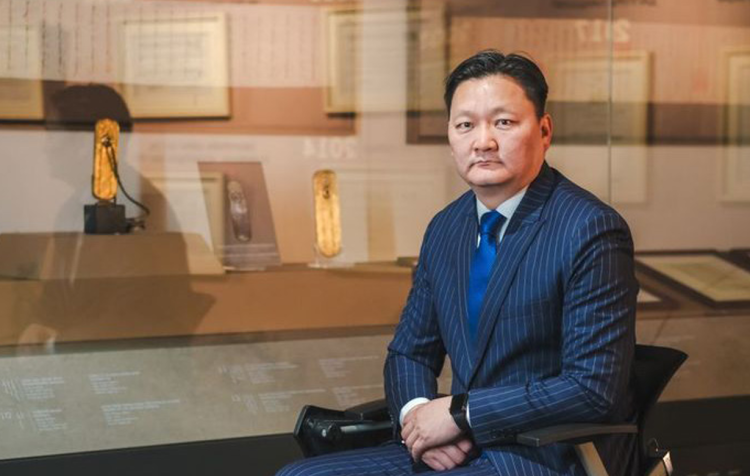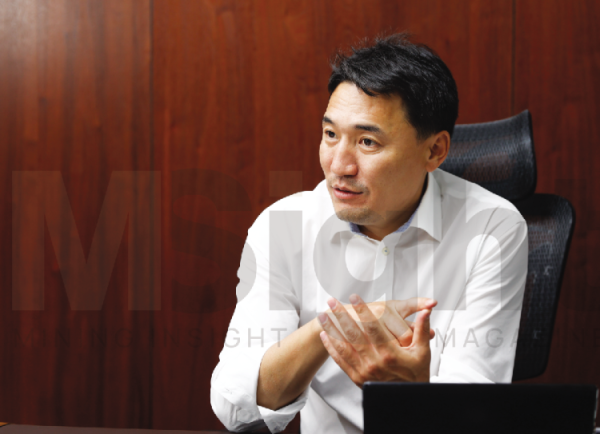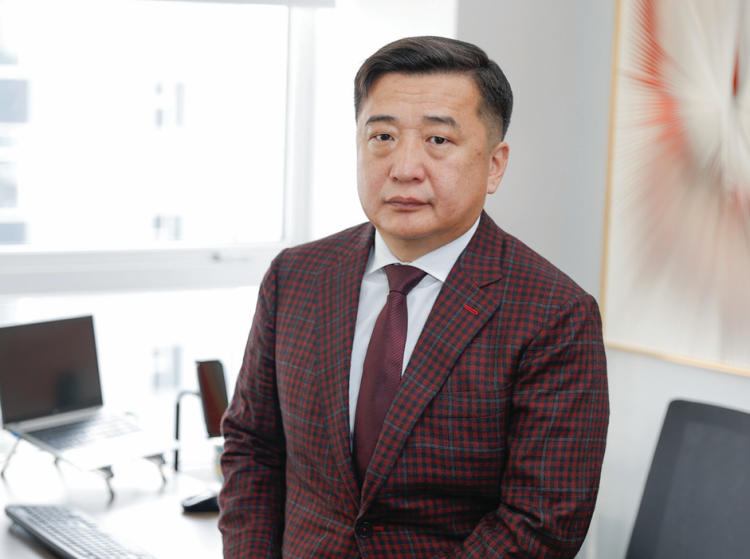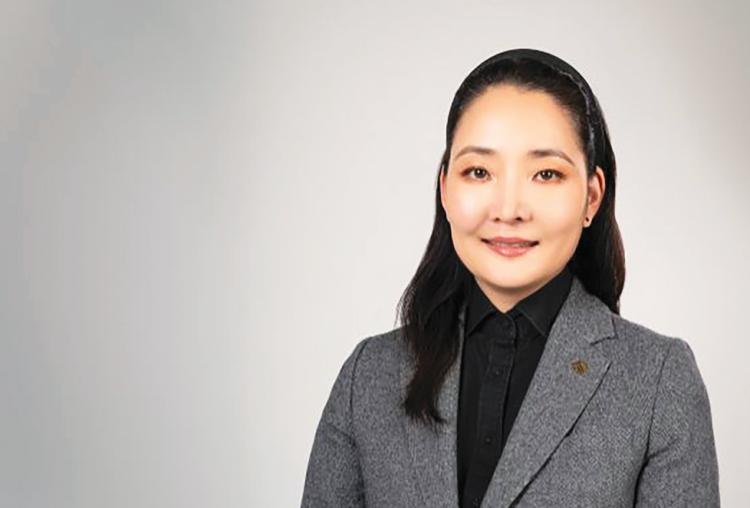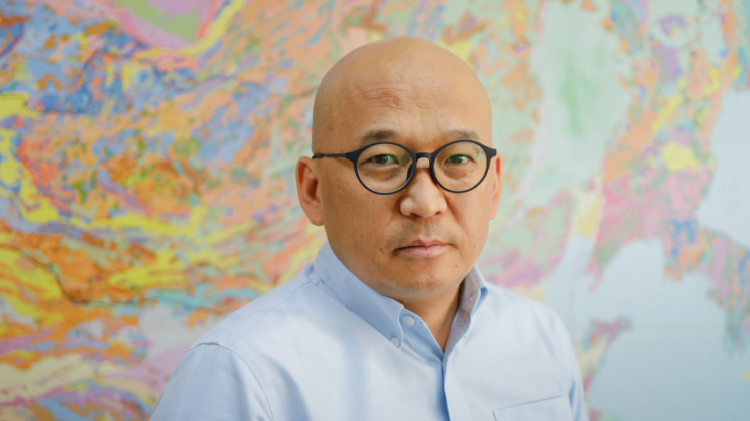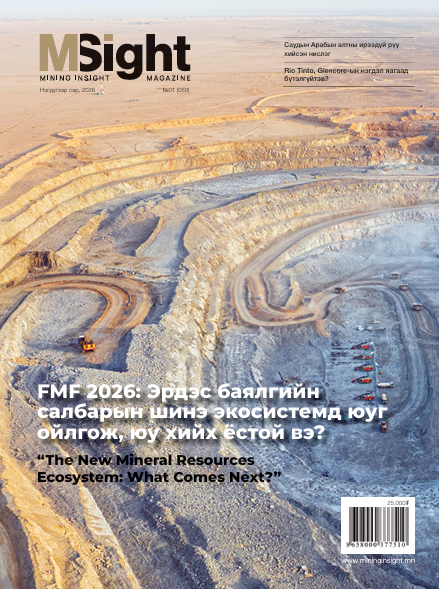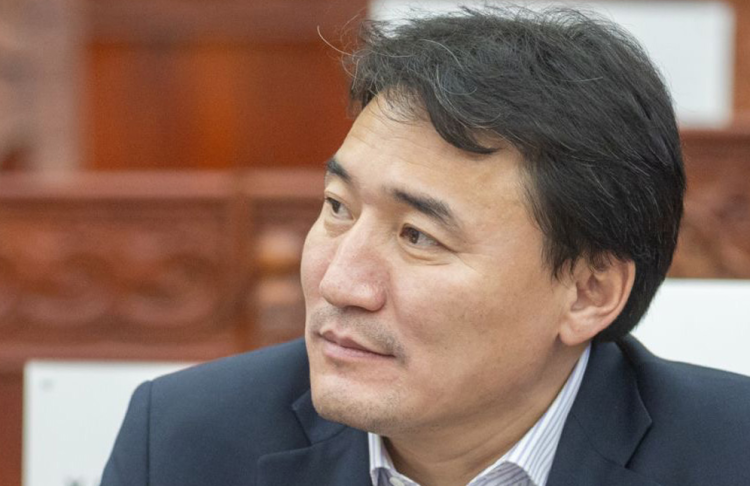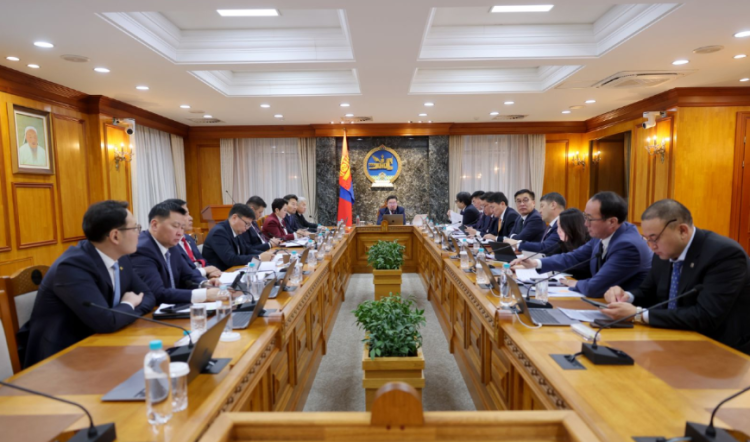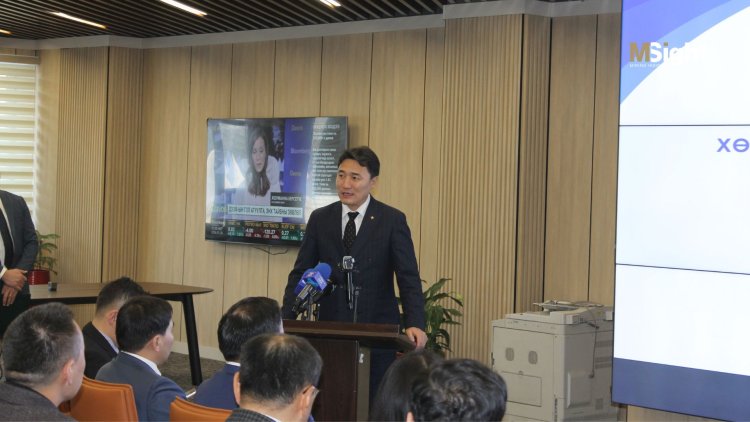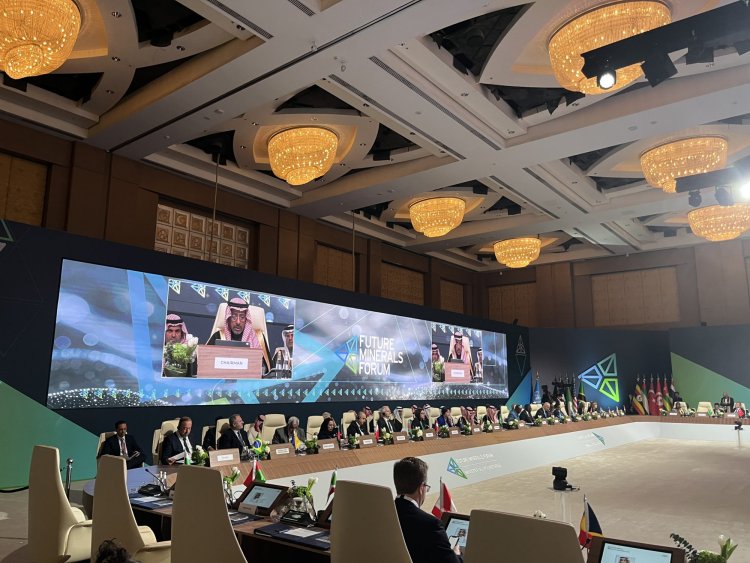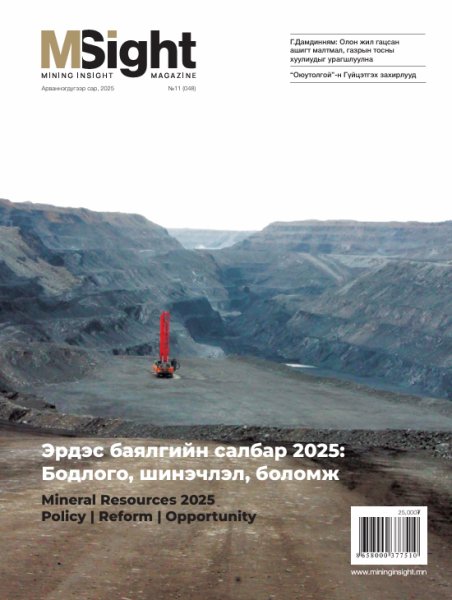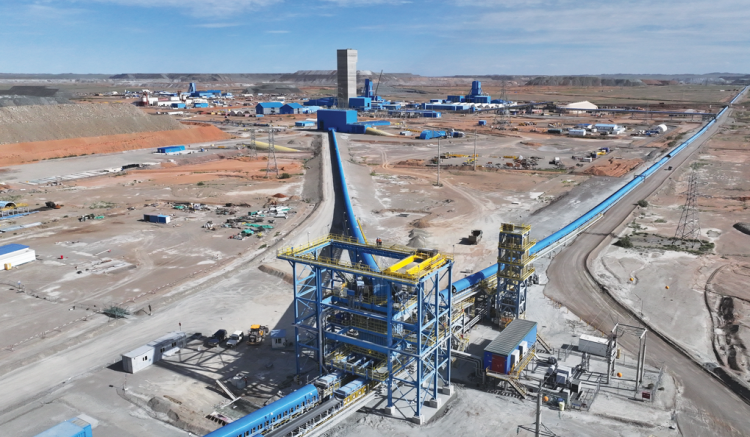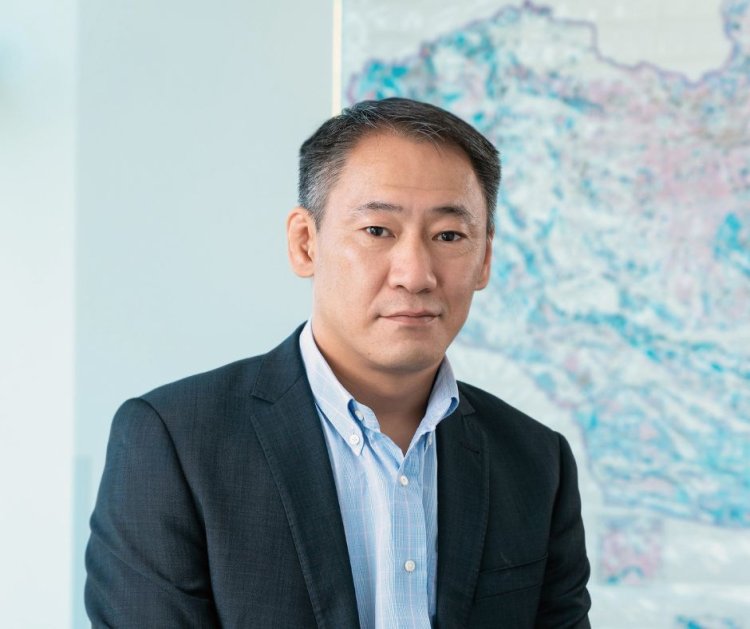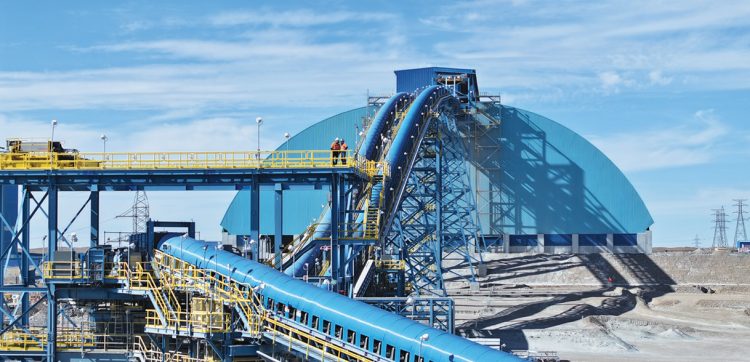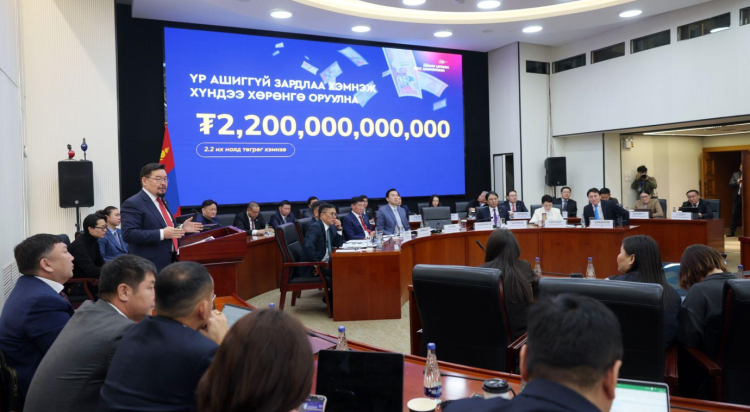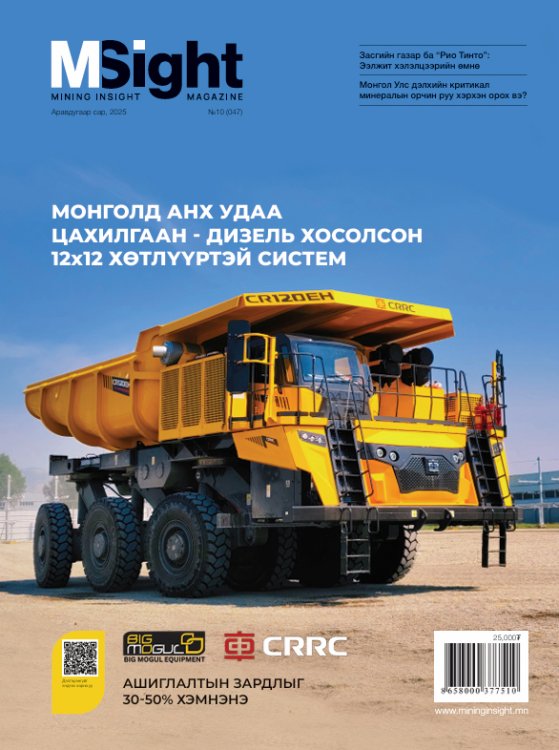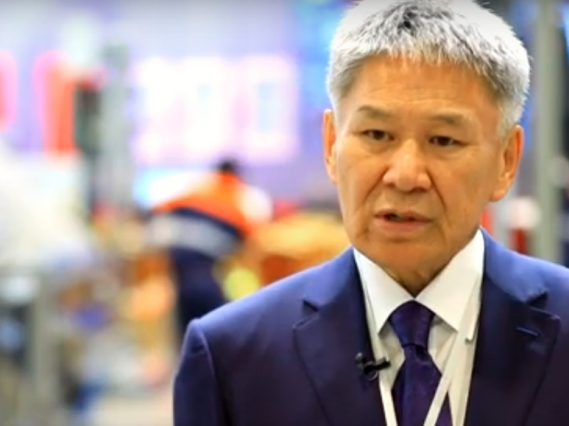 MISHEEL. E
MISHEEL. Emisheel@mininginsight.mn
- Transporting Hydrogen from Mongolia is More Cost-Effective than from Australia –
In important accord was ratified during the Mongolia-Japan Business Forum on August 18, 2023. The signatories to this agreement were Mongolyn Alt (MAK) LLC from Mongolia, Unico International Corporation, and Mitsui Steel from Japan. This agreement signifies a collaborative effort to undertake a preliminary feasibility study for the project titled "Hydrogen production and processing of its by-products." Nyamtaishir.B, Chairman of the Policy Council of "Mongolyn Alt" LLC, remarked about the accord, "Under the directives of Mongolian President and Prime Minister, the initial research endeavors concerning the advancement of hydrogen production and its by-products were initiated in October 2022. These undertakings concluded this past March, followed by extensive deliberations on the resultant report.

Subsequently, we have now finalized the contract for the subsequent phase of our endeavors." The preliminary feasibility study will meticulously outline the technological and economic parameters. In the event of an economic efficiency calculation, potential plans to establish a pilot plant in the future are envisaged. Should the production prove successful, our trajectory entails progression toward the main, expansive production phase. The collaboration between "Mongolyn Alt" and the Japanese entity Unico International Corporation dates back to 2022. Established in 1971, the corporation was founded to provide adept guidance in the advancement of Japan's international industries. Boasting a track record of over 500 executed projects on a global scale, this corporation has left an indelible A mark. Embarking on the preliminary feasibility study alongside such a profoundly skilled entity is a source of satisfaction for us. We eagerly anticipate the fruition of our efforts yielding tangible outcomes. In our country, the consumption of hydrogen and the corresponding infrastructure are still in their nascent stages. In contrast, Japan stands as a significant hydrogen consumer. As we cast our gaze towards the horizon, our paramount objective is to establish a hydrogen plant capable of fulfilling Mongolia's needs, while also facilitating exports to Japan. As a preliminary step in this trajectory, we plan to set up a pilot plant dedicated to the production of dimethyl ether or synthetic gas. This endeavor paves the way for addressing the pressing issue of air pollution in Ulaanbaatar, a city currently reliant on coal combustion to satiate its energy and heat demands. We intend to transition towards meeting the city's heat requirements through the utilization of synthetic gas.
The spokesperson from the Unico International Corporation conveyed, "This project embodies an eco-conscious initiative to supplant Mongolia's dependence on imported petroleum derivatives. Given Mongolia's abundant coal reserves, it is logical that the efficient utilization of coal should align with the surging global demand for hydrogen, a demand anticipated to burgeon soon. Notably, Japan has experimented with the transportation of hydrogen from Australia to cover its demands. Our research underscores that shipping hydrogen from Mongolia proves more cost-effective compared to the Australian alternative. However, it is important to underscore that these findings stem from initial investigations. As we delve deeper into this realm, the viability of government support warrants further exploration, encompassing aspects like mitigating domestic transportation expenses and introducing subsidies in both Japan and Mongolia."
As previously indicated, the inception of Unico International Corporation's provision of professional consultancy services traces back to 1971, with the primary aim of bolstering the economic growth and industrialization endeavors of developing nations. The corporation has been actively engaged in rendering research and management services for industrial ventures sponsored by international institutions, including the World Bank and the Asian Development Bank. Notably, their expertise extends to the petrochemical sector, and they have been instrumental in fostering the evolution of public-private partnerships. The collaboration between Mongolian and Japanese enterprises within the hydrogen project realm was initiated last year. This convergence took place against the backdrop of Mongolian President Khurelsukh Ukhnaa's official visit to Japan, which serendipitously aligned with the commemoration of the 50th anniversary of diplomatic relations between Mongolia and Japan. This visit was underscored by a shared aspiration to propel their strategic partnership to new heights. During this diplomatic encounter, the discussions between Japan and Mongolia culminated in the establishment of the "Special Strategic Partnership for Peace and Prosperity." This milestone marked the first instance of such a partnership formation with Mongolia. Aligned with this framework, the 10th Mongolia-Japan public and private consultation meeting transpired in Tokyo. Among the significant outcomes of this consultation forum was the signing of six substantial agreements between Mongolian entrepreneurs and Japanese corporations, including the aforementioned hydrogen plant project. During the business gathering, Mongolyn Alt (MAK) LLC introduced the "Hydrogen production and byproduct processing plant project."
After this presentation, a collaborative exploration into hydrogen and other byproduct extraction from coal was embarked upon by private sector entities from both nations. Following the visit, the ongoing year saw the ratification of the composition of the National Industrialization Committee, as sanctioned by the supplementary resolution No. 38 of 2023 by the Government of Mongolia. Convening for its inaugural session in April, the committee orchestrated the National Conference on Industrialization in May under the visionary initiative of Prime Minister Oyun-Erdene. L. Addressing the assembly, Nyamtaishir. B, Chairman of the Coal Deep Processing Sub-Committee of the National Industrialization Committee and also Chairman of the Policy Council of MAK LLC, delivered a discourse. In this address, he foremost broached the prospect of exporting hydrogen derived from coal to Japan. This notion resonated with the reaffirmation from the representative of Unico International during the Mongolia-Japan business forum, emphasizing the comparative profitability of shipping from Mongolia as opposed to Australia. A pivotal occurrence transpired with the formalization of an agreement between prominent corporations from the two nations, propelling the industrial undertaking into its subsequent phase. Notably, the collaboration within the hydrogen production endeavor stands as a testament to our shared aspiration to tread in parallel with developed nations on the path toward a sustainable transition to clean energy. While the concept of hydrogen fuel is not novel, its consistent and multifaceted integration into human practices remains a frontier.
Nevertheless, nations are diligently engaged in integrating hydrogen within the context of their clean energy transition strategies. Foremost among these pioneering nations is Japan. Mongolia, endowed with abundant coal reserves, is actively progressing in its partnership with technologically advanced countries and corporations, endeavoring to drive hydrogen-based transitions. To ensure the fruition of forthcoming outcomes, a harmonious understanding between governmental bodies and the private sector is of paramount importance.
Mining Insight Magazine, 2023 №07, 08 (020, 021)



